I have written many books for Harlequin and I love it. In addition to providing millions of readers with escape, there are many other reasons why I’ve stayed with my category roots even with thoughts of single title success dancing in my head. Category romance is lucrative and the fact that Harlequin Enterprises sell more than 4 books per second and about ½ of those sales are international isn’t the main reason that I write category. It is the business part, an important part, if you want to feed your family and make a living. But, there’s a crucial part to writing category romance that fills my well everyday and that’s the pleasure part. I can begin by telling you that first and foremost, the most pleasure I receive from writing category romance comes from the readers. The unique and special bond that exists between us fuels my prose and my attempts to hone my craft everyday. When a reader writes to tell me that my book got her through her fight with cancer, the thought that I could make such a powerful impact touched me on a very deep level. I have a duty to write the best book I can for the people who want to continue to read them.
Category can be amazingly flexible. The lines evolve with the times. The author has the freedom of writing in a variety of story directions as long as the author remains true to the line guidelines. The versatility of the lines creates many opportunities for authors to write what their imagination dictates and for readers to find the exact kind of story they wish to read.
Category has framework and reader expectation. With the established guidelines for each line, a natural framework evolves, solidifying reader expectation of that particular line. The framework sets a stable foundation source for novels that fulfill all reader expectations. When a reader picks up a line they can be assured they won’t be disappointed.
Category can absorb and incorporate so many elements from so many other genres and still remain true to its form: a) contemporary stories that take place in the modern world, with modern or conventional values; b) historical stories that take place in an earlier time, such as the Regency era or Medieval era; c) alternative reality stories that encompass elements of paranormal, fantasy, science fiction, time travel or horror elements; and d) suspense stories that encompass elements of mystery, espionage, thrillers and suspense novels woven into a romance plot.
In category the shorter format allows the author to focus in on the relationship. Category romance narrows the focus down to two people falling in love in the context of their lives while they work to reach their goals. It’s about the intimacy, the wonder, and the excitement experienced when falling in love.
I love writing category, too, for the people involved in bringing this wonderful art form to life, people who also enjoy the business and pleasure of category romance. These are careers and jobs for them, but they also love the genre, the editors and industry professionals that work tirelessly to shape a novel into the finished product, all those behind the scenes people: typesetters, marketing, production, and art specialists. They are the ones that help us authors to shine and, again, make a sensational product for the readers.
I love the research that goes into each book, the process of learning about a heroine’s job or the city in which she lives. The past of the hero and what motivates him to act the way he does and gives him just that hint of danger. I love delving into each detail to make my novel come alive.
I love writing about the characters—heroines who go after their goals despite all the obstacles standing in their way, heroes we love to love who are flawed and magnificent, and the myriad of secondary characters that add to the richness of the world we’ve created.
Then there is the “The happily ever after.” It is the element that sets this genre apart from all the other genres. When you pick up a romance novel, you don’t have to worry about whether or not it ends happily. It’s a mainstay, a given, inevitable. In the changing world and the stresses that come with it, it’s wonderful to know that this will never change. We can always escape into romance and fall in love all over again and get ourselves that happy ending.
Readers read for the emotion and authors must give it to them. After all, what is a novel without the emotions? It’s a connection, a universal symbiotic relationship between the words on the page and the reader’s heart. It’s what they’re all searching for in a novel. Whether it's a chic lit novel or traditional romance, Harlequin Books Executive Editor Leslie Wainger says romance authors "have to believe in the fantasy because if you don't, you can't fake it." At their core, she says, romances are about emotion. "They're about people falling in love and the reader has to experience the feeling of falling in love and you really can't fake that in fiction any more than you can in life."
And I think Leslie has summed it up. Category romance is about the emotion. We love love. Romance will always remind us how we are subject to forces beyond our control. Category writers will always give readers exactly what they want and that’s the pleasure side of writing category romance. As a category author, that suits me just fine.
Subscribe to:
Post Comments (Atom)

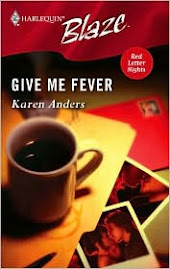
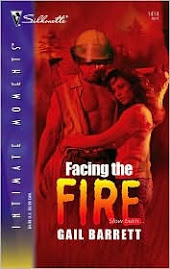
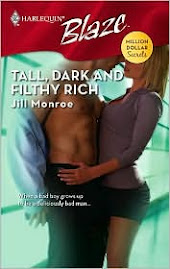
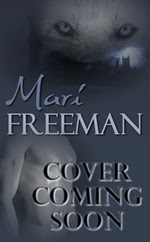


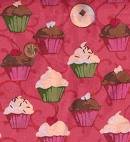
No comments:
Post a Comment